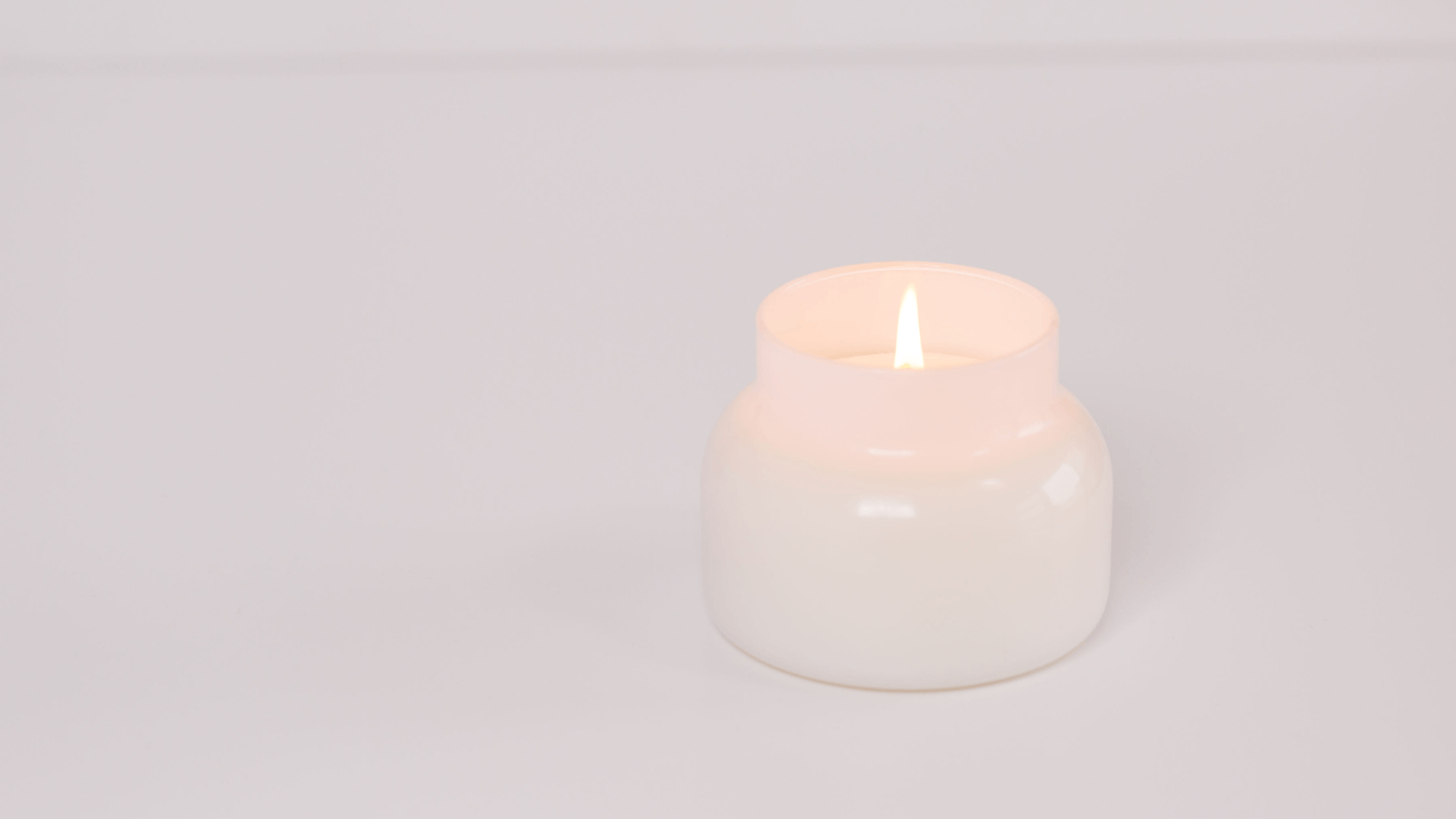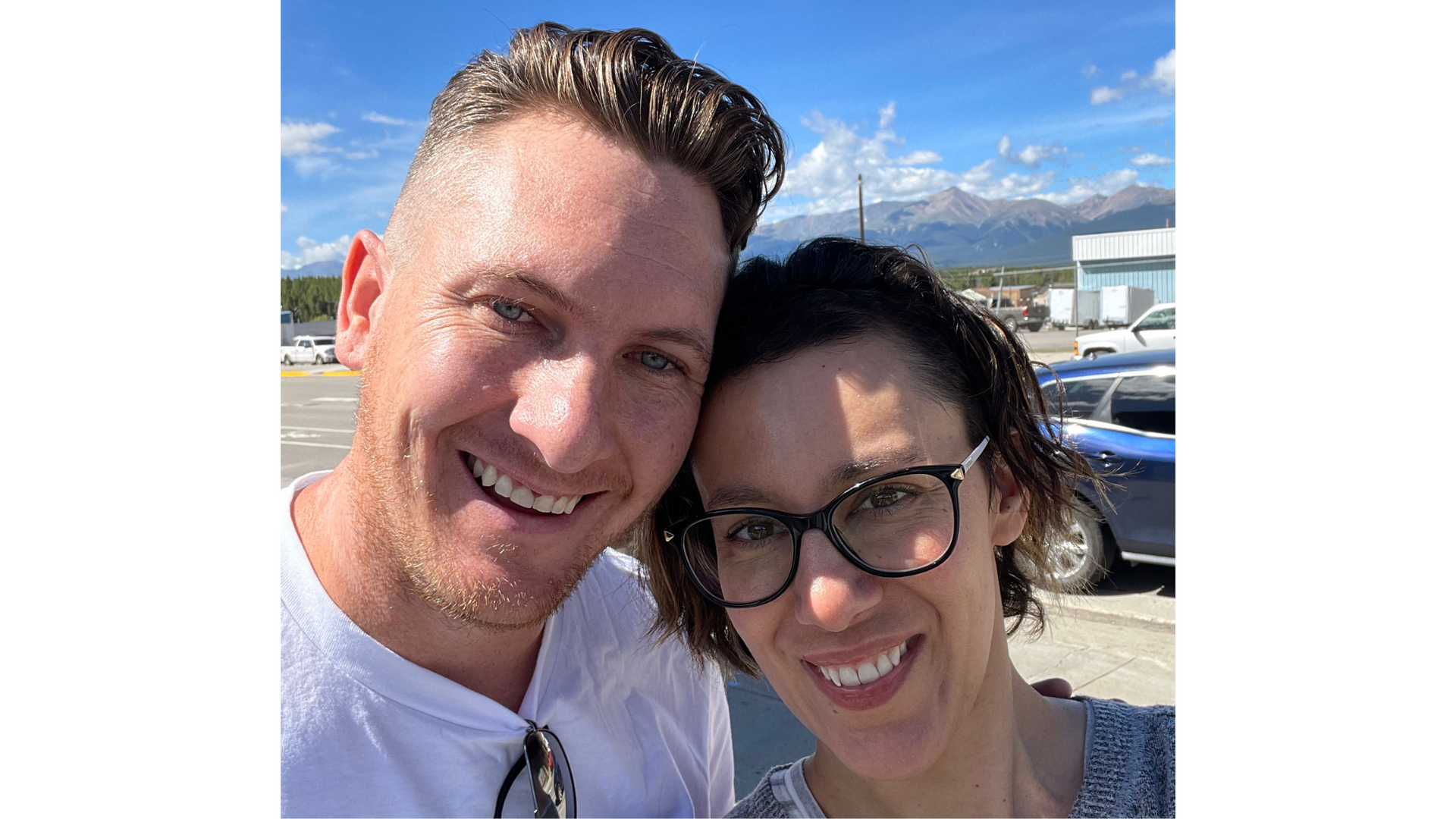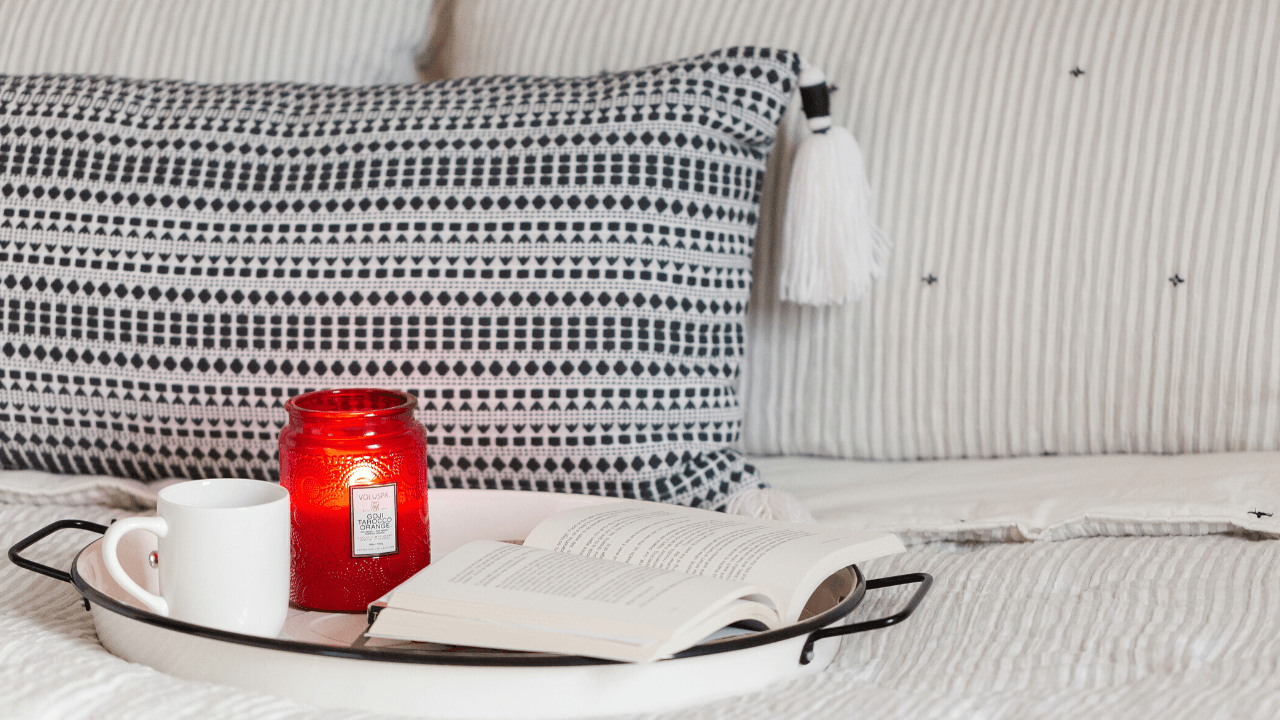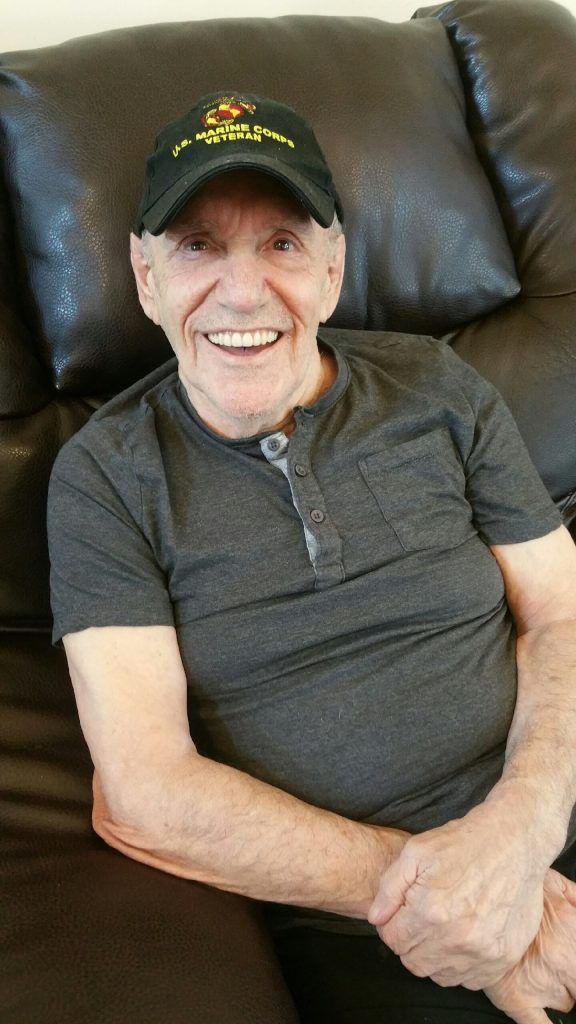
If You Think Your Mom Is Bat-Sh*t Crazy—Consider This
Growing up with a mom that rarely left the house to check the mail, let alone left her room, I took it personally.
Because in my eyes I definitely thought my mom was bat-shit crazy.
I rarely connected with her.
I desperately wanted a mother figure to bond with and do mother-daughter things, but that never happened with my emotionally despondent, sometimes highly erratic mom.
She could usually be found in her bedroom watching television and smoking cigarettes.
Her demeanor was full of anger and bitterness toward life in general.
Most birthdays and holidays were spent with her locked in her bedroom or on the other end of the spectrum with empty promises of cooking a certain meal or having a house full of guests—that never came to fruition.
I never understood her and fought hard against the person she portrayed herself to be.
I wanted a fully-functional mother—one who left the house and took her daughter shopping and cooked food and interacted with me on a mother-daughter level. Everything I saw my friends doing with their mom—that’s what I wanted, too.
After moving out when I was 14 and not having communication with my mom from that point on—I found myself back in my hometown after college.
When mom re-entered my life in my early 20’s I didn’t know how to feel.
Here was this woman—now—that appeared to have her shit together; she was the mom I so desperately wanted when I was growing up. But, now, I was just pissed that she couldn’t have done that when I was younger.
I was in the kitchen hashing my feelings out with my dad and he was letting me unload big time.
Dad never did like telling anyone how to think or feel. When I was done, he simply said, “You know your mom had a rough childhood right?” I was like, “Umm, I could care less.”
He went on to tell me some unsettling things about my mom and her life.
At that moment I saw my mom as a human first, not a parent or mother.
We think our parents—mothers especially—are supposed to be superheroes and rise above everything that life throws their way. And that is the case for a lot of momes and parent’s out there, but not for all.
I was sitting on the couch watching that good ole Dr. Phil one day and mom was next to me. She was trying to connect with me without being pushy.
I was tense, but felt open and also thought I had nothing to lose by trying to understand her more.
I started asking her questions point-blank:
“What was wrong with you when I was growing up?”
“How come you were so angry all the time?”
“How come you couldn’t be a mother to me?”
She didn’t flinch when I asked her those questions. And how she answered those inquiries changed the trajectory of our relationship.
Mom matter-of-fact pointed out, “I was sad. I was depressed. I was on a lot of medication that didn’t help me. But, most of all, I didn’t want to help myself.”
At that moment I saw the vulnerability and the fragility of a human being; especially a mother.
What I came to understand was my mom was an adult functioning as a wounded child and didn’t have the coping skills to process life at certain times. She needed help but was in such a fog of depression that she could barely see herself out of it.
These aren’t excuses to be a shitty parent.
If my mom was alive now, she’d tell you that what we know about mental health now is nothing that we knew back in the day.
And mental health is such an individual road that there are no quick fixes or easy answers.
Mom said, for her, getting off certain medication and taking other forms of alternative medicine helped her. And therapy. Lots of therapy moved her just enough over (what seemed to be a lifelong slump).
I’m grateful I was able to see mom in the very human light that I did because it wasn’t less than a year after that Dr. Phil moment on the couch that mom was gone suddenly from cancer.
I may not have reconciled with her had we not had that conversation and I was able to understand her journey in life a bit better.
So, if you think your mom (or your dad/family member/friend) is bat-shit crazy—consider their mental health.
Are they depressed?
Is there an underlying issue?
What have they not processed in their life?
I’ve seen my mom battle depression (but didn’t know it at the time) and as an adult, I’ve seen friends go through their own intense mental health struggles.
What I know is they need support, not ridicule.
Remember it’s their journey, not yours.
Compassion goes a long way and so does a text or phone call that says, “I’m thinking of you. I love you.”
I’ve had my own struggles with situational depression when my mom died and as a caregiver to my father who has dementia. The fog usually lifts and life does go on for me. But that’s not true for everyone.
So, if you’re a daughter or sister or friend and keep asking “Is ________ bat-shit crazy or what?!”
Maybe they are.
Or, maybe they’re human and process life differently than you…
And need some help.
Because just like clothing, we all have our own style and way of doing things and being human—we do indeed—put on our pants one leg at a time. Even if we’re a mom, sister, or best friend. No labels or capes shield anyone from struggle.
Bat-Shit Crazy Love + Being Human,
Keli


